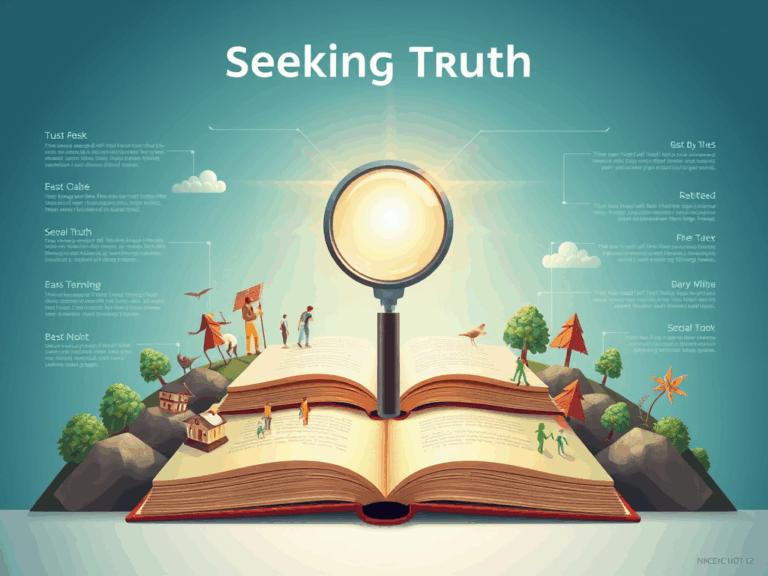Politics as Usual?
by Bob Cornwall
 I must admit that I’m a bit puzzled by the current political season? I may be a pastor, but I’ve always been interested in politics. I first got involved in politics as a ten-year-old. It was 1968. My parents were both active in the Republican Party. I got to spend time at the Republican headquarters and stood with the teenagers who lined the road when Richard Nixon came to town. We all wore sashes that declared “Nixon’s the One.” Four years later, as a fourteen-year-old, I went door-to-door for the party’s candidates. I was so interested in politics that I began to dream of a day when I could enter the political ring. I admit I was young and maybe naïve, but I believed that this was an honorable profession.
I must admit that I’m a bit puzzled by the current political season? I may be a pastor, but I’ve always been interested in politics. I first got involved in politics as a ten-year-old. It was 1968. My parents were both active in the Republican Party. I got to spend time at the Republican headquarters and stood with the teenagers who lined the road when Richard Nixon came to town. We all wore sashes that declared “Nixon’s the One.” Four years later, as a fourteen-year-old, I went door-to-door for the party’s candidates. I was so interested in politics that I began to dream of a day when I could enter the political ring. I admit I was young and maybe naïve, but I believed that this was an honorable profession.
I’m older now. I changed parties during seminary. I’m not quite as active in politics as I was as a fourteen-year-old, but despite everything I continue to believe that politics can be an honorable profession. At least I hope so. If not, then I fear for the country in which I have spent my life. There has always been a dark side to politics, but there was a time, or at least I thought there was, when people could sit down and work out their differences.
As a Christian and as a religious leader I believe that people of faith can play a productive role in public life. But to do so, we need to recognize the importance of political pluralism. I have a responsibility to advocate for just laws. I have a responsibility to be a good citizen. I live in a democracy (a republican form), in which my vote has important implications. As I vote I should ask what my implications for the nation and the world that vote has.
People like to complain about the state of our politics, but have we forgotten that those in positions of political leadership were put there by the citizens of this nation. Unfortunately, many citizens forgo their opportunity to cast a vote. Participation is extremely low. If Congress is dysfunctional or the courts seem unaccountable, could it be that we have been negligent in our voting patterns, especially in off-year elections?
At the same time as some choose not to vote, others work to disenfranchise citizens. They make it difficult to vote due to limited polling places, inconvenient voting times, or placing barriers to getting registered. These burdens have hit those who poor and those whose ethnicity differs from the majority. I don’t think we should force people to vote, but I do think we need to take our citizenship seriously. If for no other reason, then out of concern for our neighbors, whomever they are and wherever they may live. That is, let us expand our neighborhoods to embrace the entirety of the community.
I write this as a follower of Jesus who believes that my love for God can and should be expressed by my love for my neighbor. As this is the season of Lent and the journey takes us toward the cross, I’m ever mindful that Jesus was tortured and executed by the state. Jesus, I believe, identifies with the tortured and the executed. Thus, I should do the same.
Like I said at the beginning, I’m puzzled by this political season. I hear lots of rhetoric that is rather unseemly. I hear candidates embrace torture and exclusion. Is this politics as usual? Am I naïve to believe that public service is honorable? I hope not! It is for this reason that I wrote the essays that form my book Faith in the Public Square, even as I continue to give to God my Ultimate Allegiance!
[slideshow_deploy id=’2343′]







I would hope that seeking a political office is honorable and God is being lifted up in the process. It is discouraging to see how some politicians behave.